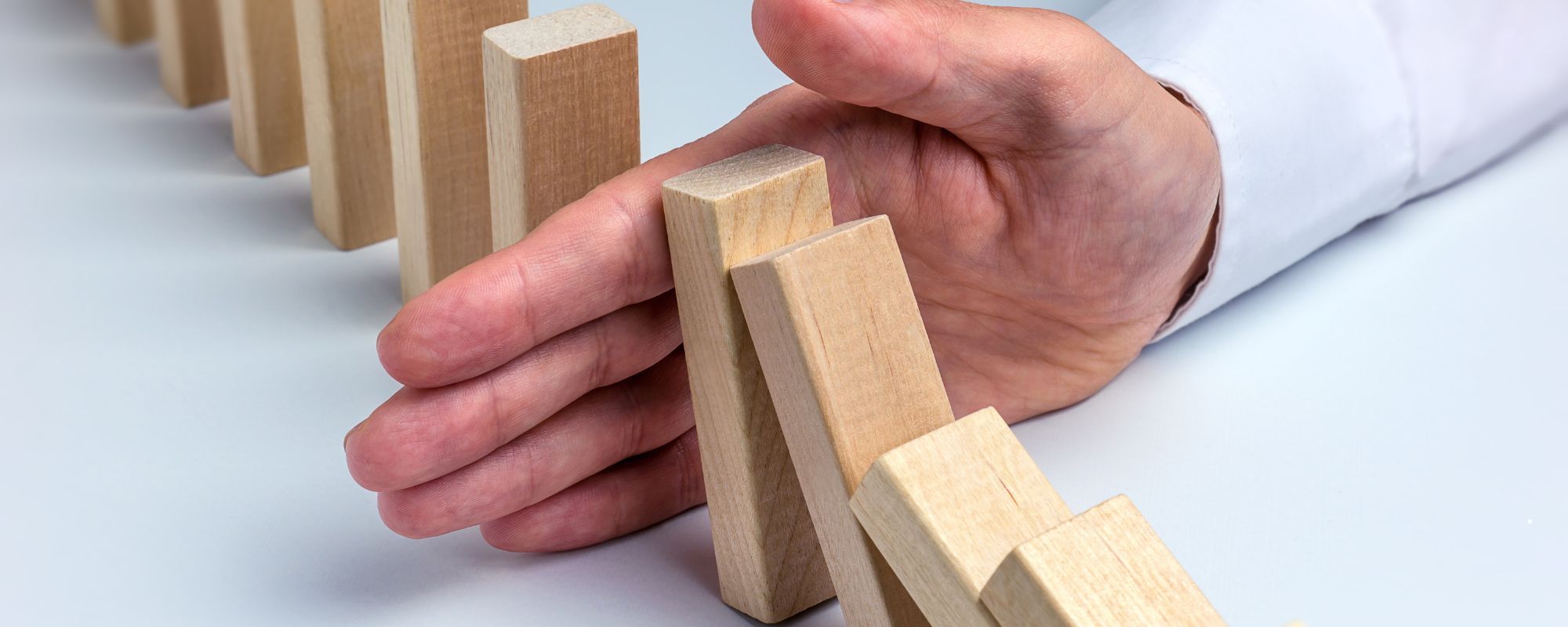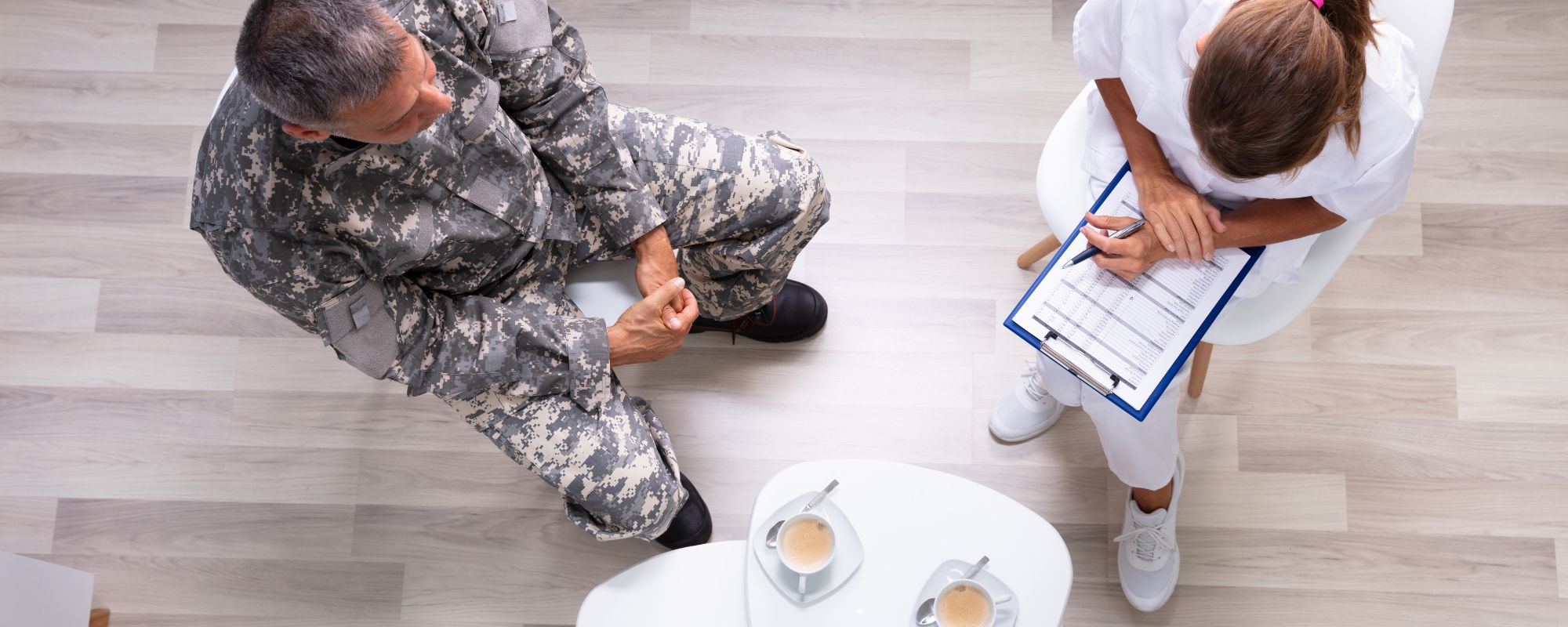Suffering can feed on itself. Many victims of trauma turn to self-medicating in an attempt to cope with and relieve symptoms of emotional distress. Self-medicating is against medical recommendations due to the potential risks involved in using a substance without the approval of a licensed physician. In fact, a person may inflict unintentional damages on their body as a result of the misuse. Moreover, many often develop a dependence or a substance use disorder (SUD) without medical supervision.
What is Self-Medicating?
Self-medicating refers to the incorrect use of a substance or substances in an attempt to relieve physical and/or mental distress. Many people begin self-medicating to cope with undiagnosed mental health disorders such as PTSD, depression, anxiety, bipolar, and schizophrenia. Similarly, those who have undergone intense emotional abuse or life-threatening events may self-medicate to lessen the emotional distress.
Self-medicating, especially through the use of drugs and alcohol, is a dangerous— potentially fatal— habit to form. Taking any substances— prescription or otherwise— against physician opinion is unsafe due to the potential for unforeseen adverse effects. Regrettably, one unforeseen side effect of self-medicating is an addiction.
Psychologists define substance use disorder (SUD), or addiction, as compulsive, excessive, and out-of-control substance use that interferes with life, work, and relationships. Additionally, addiction extends beyond the use of drugs and alcohol. Addiction encompasses any uncontrollable once-pleasurable behavior that continues despite its negative impact.
Addiction forms once a person is dependent on self-medication and can’t stop without side effects. As stated, addiction presents with a physical dependence, psychological dependence, or both. Physical dependence is a physiological need for a drug that reveals itself through unpleasant withdrawal symptoms if the user stops or reduces. Psychological dependence is a psychological need to use a drug or complete an activity to relieve negative emotions.
That being said, SUDs present as over-consuming drugs, alcohol, or compulsively eating, gambling, shopping, exercising, or having sex. Some who start off occasionally self-medicating don’t realize that they have lost control of their behavior for some time. Unfortunately, many only realize their addiction after the negative effects have piled up.
Why Do People Self-Medicate?
More often than not, people with a substance use disorders face stigmas claiming they’re pleasure-bound hedonists who have no self-control. This misconception results in the shaming and rejection of people simply trying to coping with psychological problems. In fact, substance use is rarely the original issue but instead a maladaptive pattern that began in an attempt to deal with their pain. Unfortunately, many people lack the resources or knowledge to learn healthier coping techniques. In this way, addiction is often secondary to not only the type of stressful situations they’ve lived through but how the person deals with the resulting stress and difficult emotion.
Researchers and specialists within the SUD community debate whether addiction is a mental illness related to thoughts, behaviors, and feelings or a physical disease related to biology and genetics, or both. Either way, while much of what makes addiction possible is chemistry, an individual’s unique life experiences and biological makeup also greatly influence their reactions to external stressors. For this reason, people respond in different ways to different drugs and behaviors.
Many people can drink casually or gamble every once in a while without losing control. Others can’t.
How Do I Stop Self-Medicating?
It’s difficult to stop self-medicating if you don’t treat the underlying problem, especially when it devolves into an addiction. Some believe that you can’t treat the underlying problem without first stopping all self-medicating. On the other hand, many are moving toward a model of treating both at the same time. Treating an individual’s addiction alongside their mental disorder, also called a co-occurring disorder, is done in what is called Dual Diagnosis treatment. For this reason, addictions that are based in deeper psychological issues, especially in emotional trauma like PTSD, often require therapy within some version of dual treatment to deconstruct both disorders.
During treatment, people come with different needs that must be met to successfully achieve and maintain a healthy lifestyle removed from self-medication. Most need to completely refrain and never again touch their drug or habit of choice. However, others may in time be able to regain enough control to use again in moderation. Likewise, some can kick the habit on their own while others do better with or need support from professionals or support groups.
The good news? While self-medicating and substance use may be complex, people can begin to heal given the chance and the resources.













